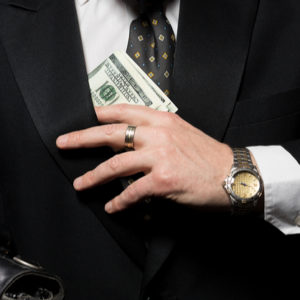
Shell Companies Allow Robocallers to Make Billions of Illegal Phone Calls
Back in June, the Federal Trade Commission (FTC) formally filed a complaint alleging that TelWeb, a telemarketing system, used multiple shell companies to bypass laws against telemarketing robocalls. TelWeb has been the target of other lawsuits by the FTC. The investigation alleges that the system was used to conduct billions of illegal phone calls by telemarketers through an enterprise of shell companies.
The fact that this same system has been the target of so many separate investigations is evidence of a larger problem — companies can be formed in the United States without disclosing their beneficial ownership information (the people who truly own them), allowing criminals to quickly rebrand and jump right back into doing the same illegal activities under a fresh new corporate name. TelWeb was able to use multiple shell companies throughout its scamming system, and the men in charge of connecting TelWeb to telemarketers have a history of being named in previous FTC lawsuits. Yet they were able to continue in the industry under different names.





